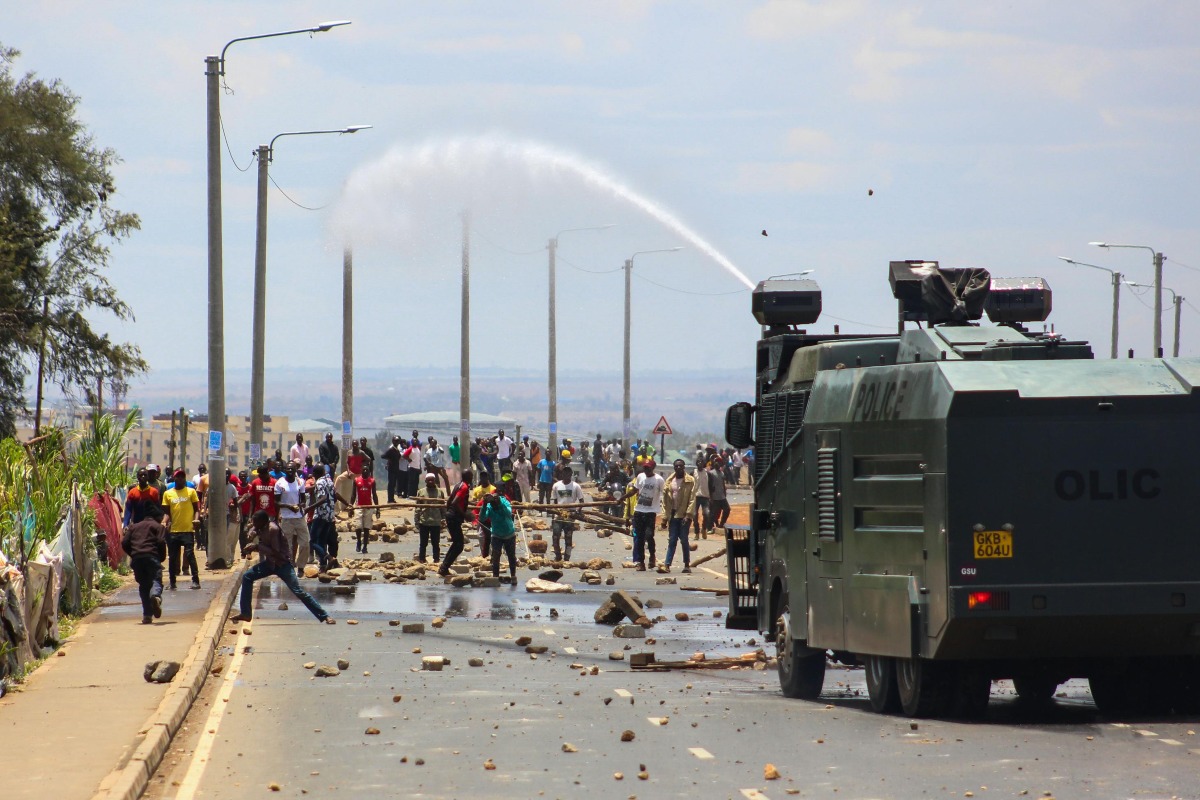On Tuesday, Kenya went into chaos as violent protests erupted in response to Parliament’s passing of a contentious finance bill. The unrest has led to multiple fatalities and widespread injuries. The finance bill proposed significant increases in taxes on a range of essential goods and services. These include basic necessities such as bread, cooking oil, and digital transactions. Despite some rollbacks on these levies due to public backlash, the bill was passed by Parliament.
It consists of a 16% VAT on fuel, a move that has driven up the cost of transportation and essential commodities. Additionally, it imposes a 1.5% housing levy on employees, igniting resistance from both workers and employers. Rising inflation and high unemployment rates have recently strained Kenya’s economic climate. Many Kenyans struggle to make ends meet, and the new tax measures have exacerbated their financial burdens. Politically, the country has seen growing dissatisfaction with the government’s handling of economic policies, culminating in the recent protests.
Kenyan Protests Turn Deadly
The passage of the bill ignited immediate and large-scale protests across the country. In Nairobi, thousands of demonstrators stormed the Parliament buildings, setting parts of it on fire. Police responded with tear gas and live ammunition, leading to a tragic escalation of violence. Reports indicate that at least 13 people were killed, with Amnesty Kenya confirming that 31 others were injured, including 13 who were hit by live bullets. Among the deceased were individuals who had been treating the wounded.
Auma Obama, sister of former U.S. President Barack Obama, was tear-gassed by Kenyan police during a live broadcast on CNN while participating in peaceful protests against over-taxation. The incident, captured on video and shared by journalist Larry Madowo on X, has sparked a significant online reaction.
During the interview, Auma Obama highlighted the plight of ordinary Kenyans. Local people face economic hardships due to excessive taxation. She emphasized the importance of peaceful demonstrations to voice discontent and demand governmental accountability. Despite the tear gas and disruption, she remained resolute in her message about standing up against unjust policies.
The Government’s Response
President William Ruto, facing mounting public pressure, ultimately announced that he would not sign the finance bill into law, acknowledging the widespread opposition. “Having reflected on the continuing conversation around the finance bill 2024 and listening keenly to the people of Kenya, who have said loudly that they want nothing to do with the finance bill 2024, I concede and therefore I will not sign the 2024 finance bill and it shall subsequently be withdrawn,” Ruto stated.
Despite this concession, Ruto took a hard stance against the protesters, describing the demonstrations as “treasonous” and an “existential threat” to the nation. He ordered military forces to support the police in maintaining order, which drew criticism from human rights organizations and international observers.





